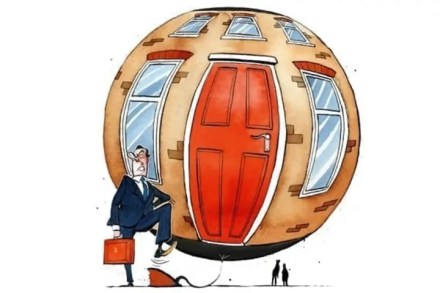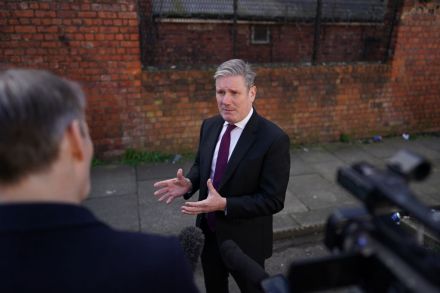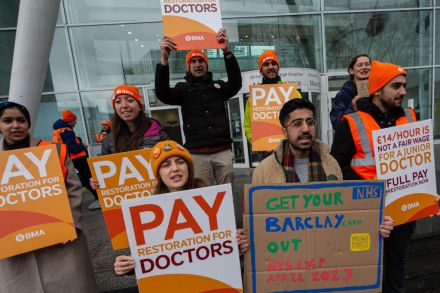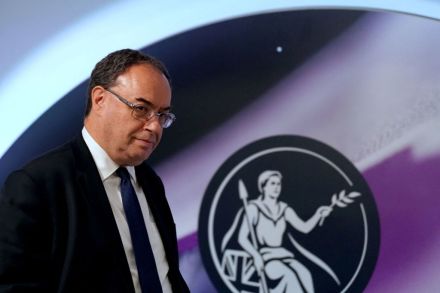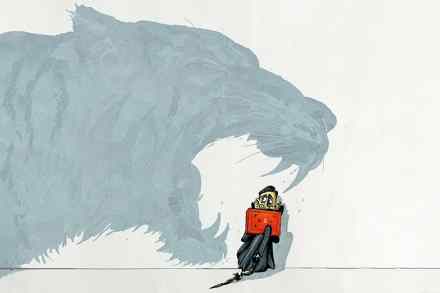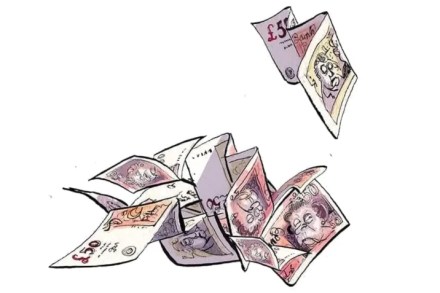Reviving ‘Help to Buy’ would be disastrous for the housing crisis
It’s hard to imagine the housing crisis getting much worse. But according to the front page of today’s Times, the prospect of buying one’s first home may get pushed even further out of reach. According to the newspaper, officials in No.10 and the Treasury are working on plans to revive ‘Help to Buy’. This was
